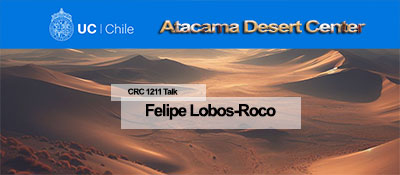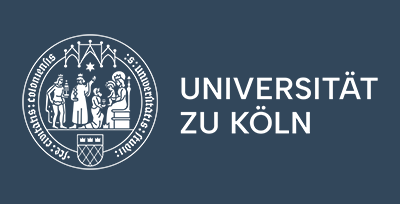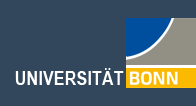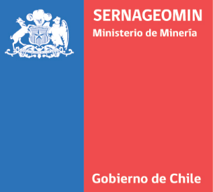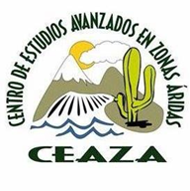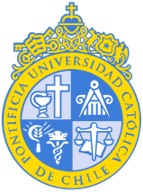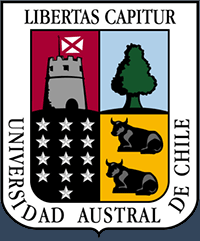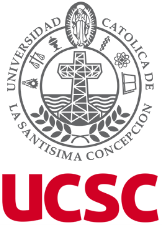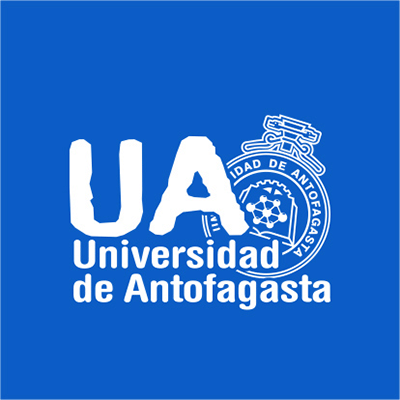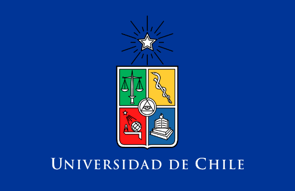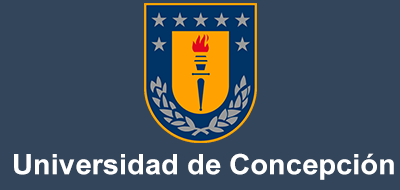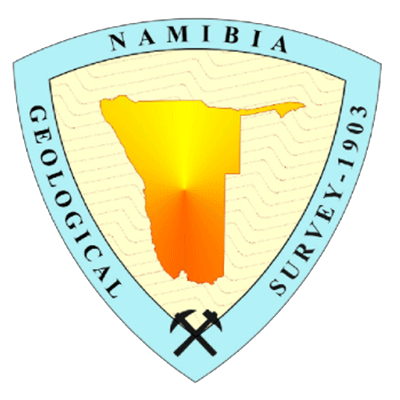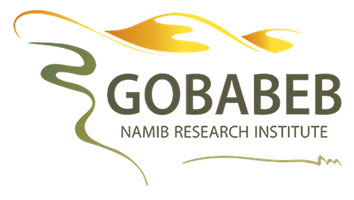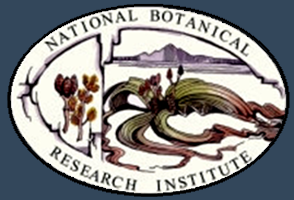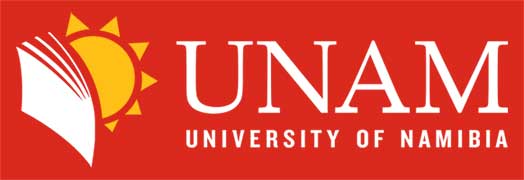November 27th, at 4:00 pm (Geo/Bio-Hörsaal)
we will have a talk of a guest speaker within the CRC 1211
Felipe Lobos-Roco (Atacama Desert Center at the Pontifical Catholic University of Chile)
Abstract:
Water resources in arid and semi-arid regions, such as the Atacama Desert, are fundamental for social, economic, and natural development. In recent decades, climate change has decreased precipitation rates in most of north and central Chile, producing an increased water demand and threatening available water resources. Under these water stress conditions, finding alternative water resources becomes imperative. In this context, fog harvesting arises as a complementary water source to tackle water scarcity, especially in the coastal Atacama Desert, where it is abundant and virtually untapped.
However, our limited understanding of the physical processes that control fog formation, the lack of observations, and the complex topography where fog develops, make it difficult to estimate where, when and how much water can be harvested from clouds. Based on recent studies, this research proposes a physical model based on the thermodynamics of the marine boundary layer to estimate the fog cloud water potential in the arid and semi-arid region of the coastal Atacama Desert.
With this model, we aim to determine the main physical characteristics of the cloud that produces fog in the Atacama using widely available meteorological data. Such characteristics are fog frequency, cloud base and top level, liquid water content, and collectible water with unprecedented spatiotemporal accuracy. Likewise, through this model, we propose studying climate change's impact on these potentially available water resources. The expected results will advance our understanding of the physical processes that influence fog harvesting. As fog is a global meteorological phenomenon, this model might be applicable worldwide, contributing to bridging the data gap in regions where fog harvesting is a viable water source, especially in underdeveloped countries.
We expect this research to have a high social impact by providing valuable information about new water sources to decision-makers to mitigate the effects of climate change.



